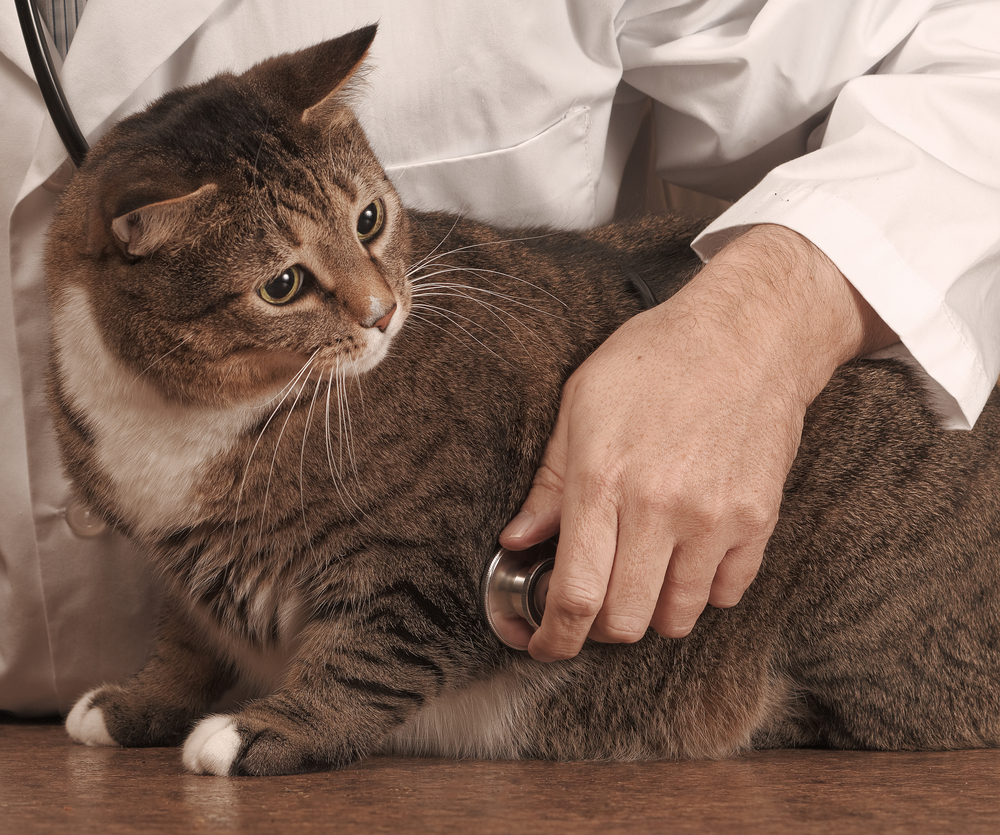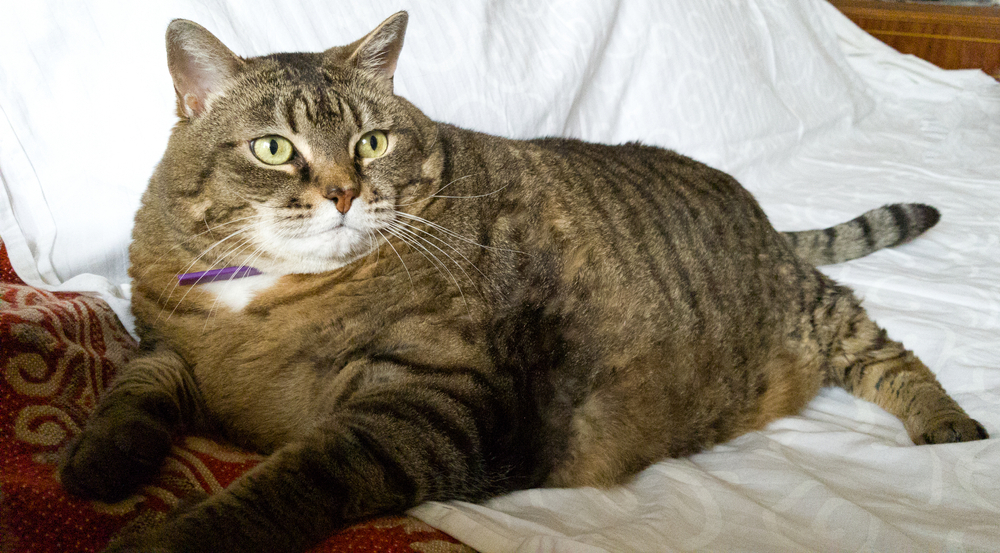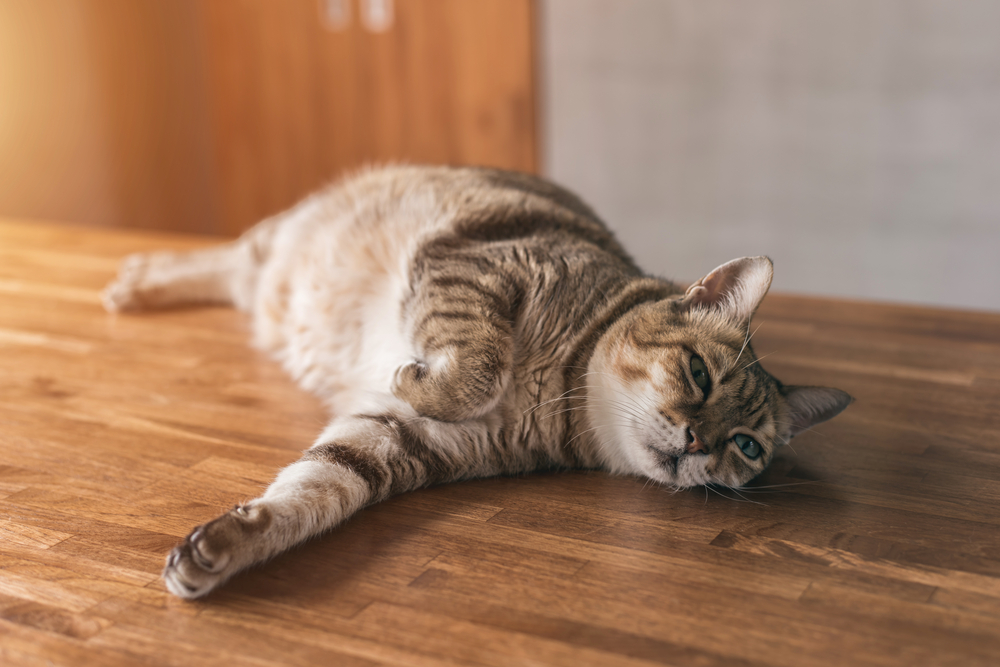
My Cat is Obese: What Should I Do?
The Problem with Cat Obesity
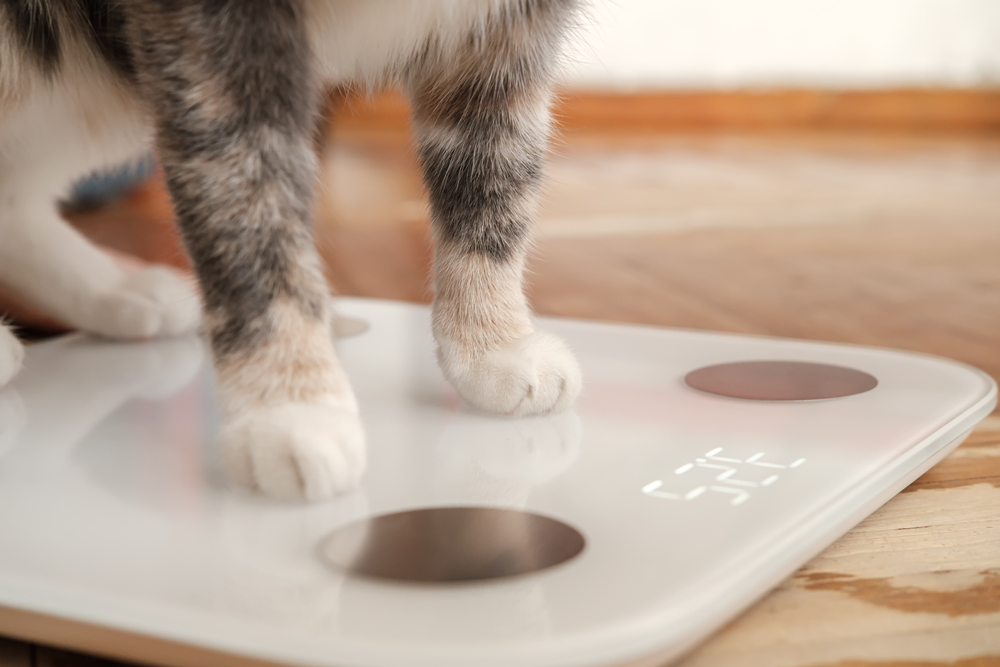
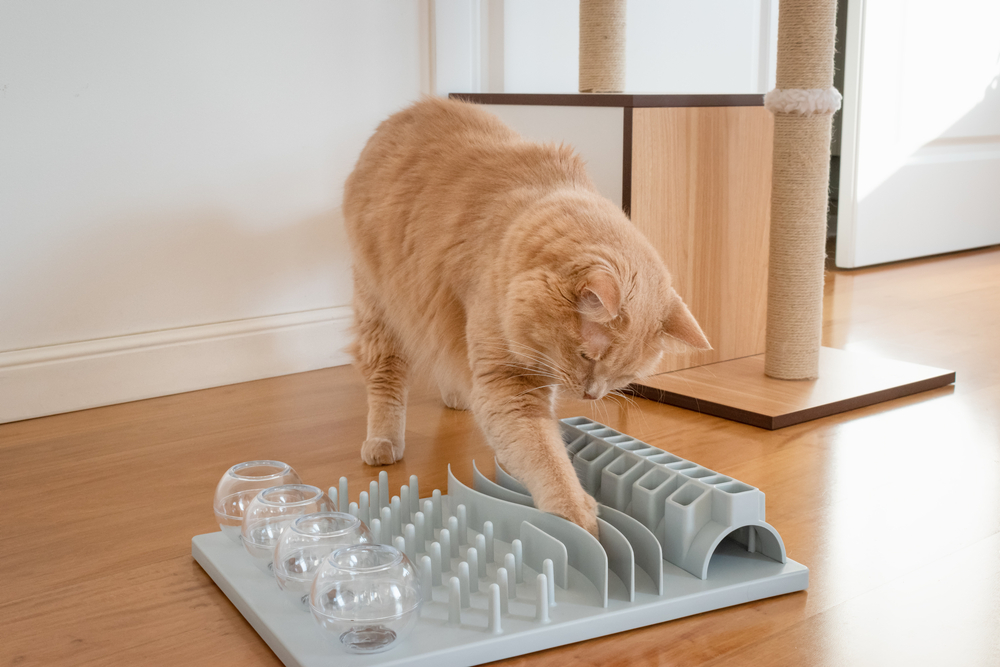
5 Ways To Handle Pet Obesity
2. Implement a Feeding Schedule
Cats are notorious for grazing throughout the day, which can contribute to overeating. Instead, establish a regular feeding schedule with measured portions. This helps control their calorie intake and can prevent excessive weight gain.
3. Encourage Exercise
Cats need regular exercise to stay fit. Invest in toys that promote physical activity, such as feather wands or laser pointers. Interactive toys and puzzle feeders can also make mealtime more engaging, encouraging your cat to work for their food.
4. Monitor Their Weight
Regularly monitor your cat’s weight and body condition. If you notice gradual weight gain, it’s time to revisit their diet and exercise routine. Your veterinarian can help you set weight loss goals and track your cat’s progress.
5. Seek Professional Guidance
If you’re unsure how to address your cat’s obesity or have concerns about their health, don’t hesitate to consult with a veterinarian. They can provide personalized guidance, recommend a suitable weight loss plan, and monitor your cat’s progress.
Take the First Step Towards a Healthier Future for Your Cat, Book an Appointment Today!
If you’re concerned about your cat’s weight or overall health, we invite you to book an appointment at White Haven Veterinary Hospital in White Haven, PA, today. Our team of dedicated professionals is here to support you in keeping your cat at a healthy weight and ensuring they enjoy a long and fulfilling life by your side. Your furry companion deserves the very best, and we’re here to help you provide it!
